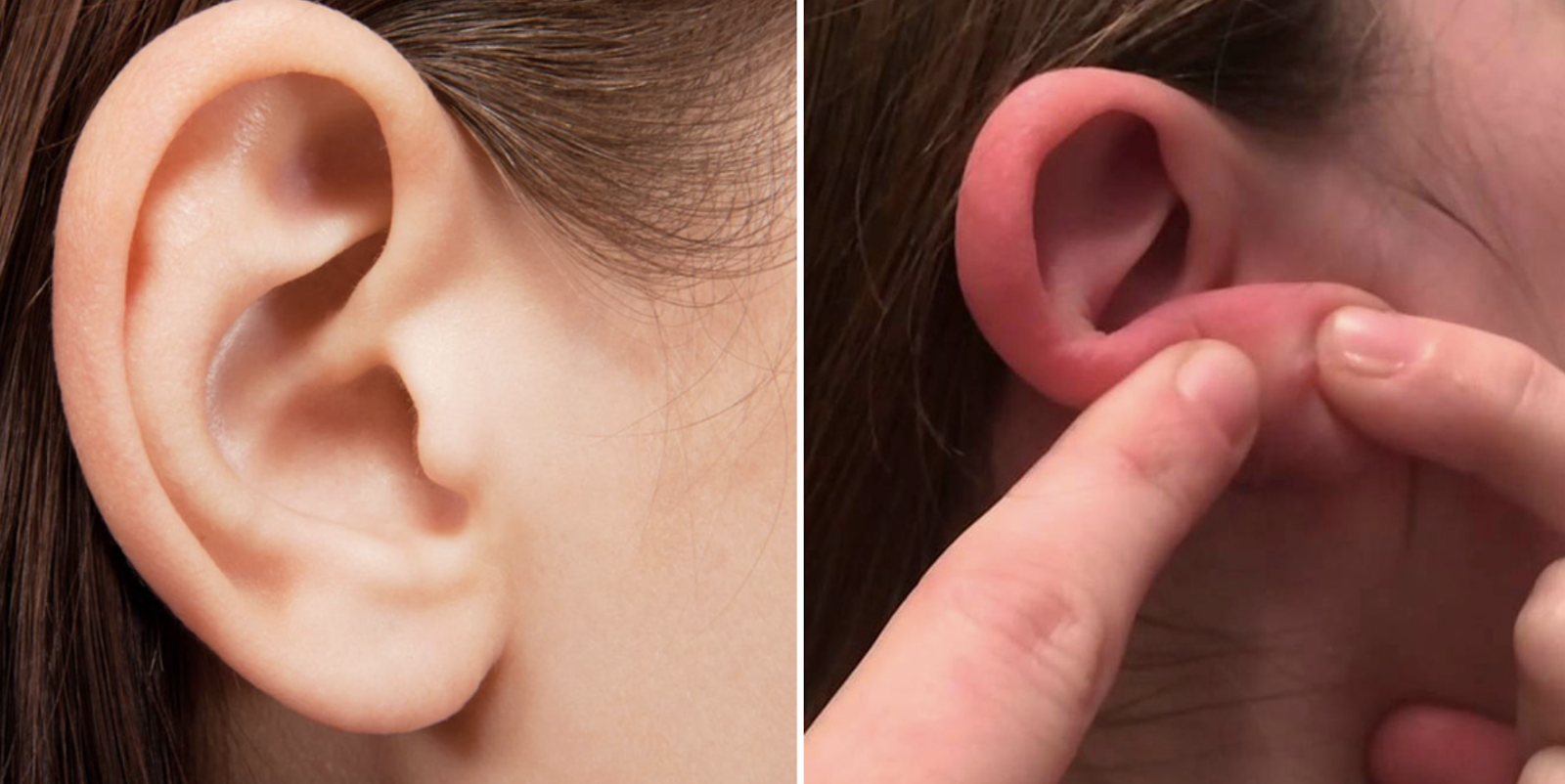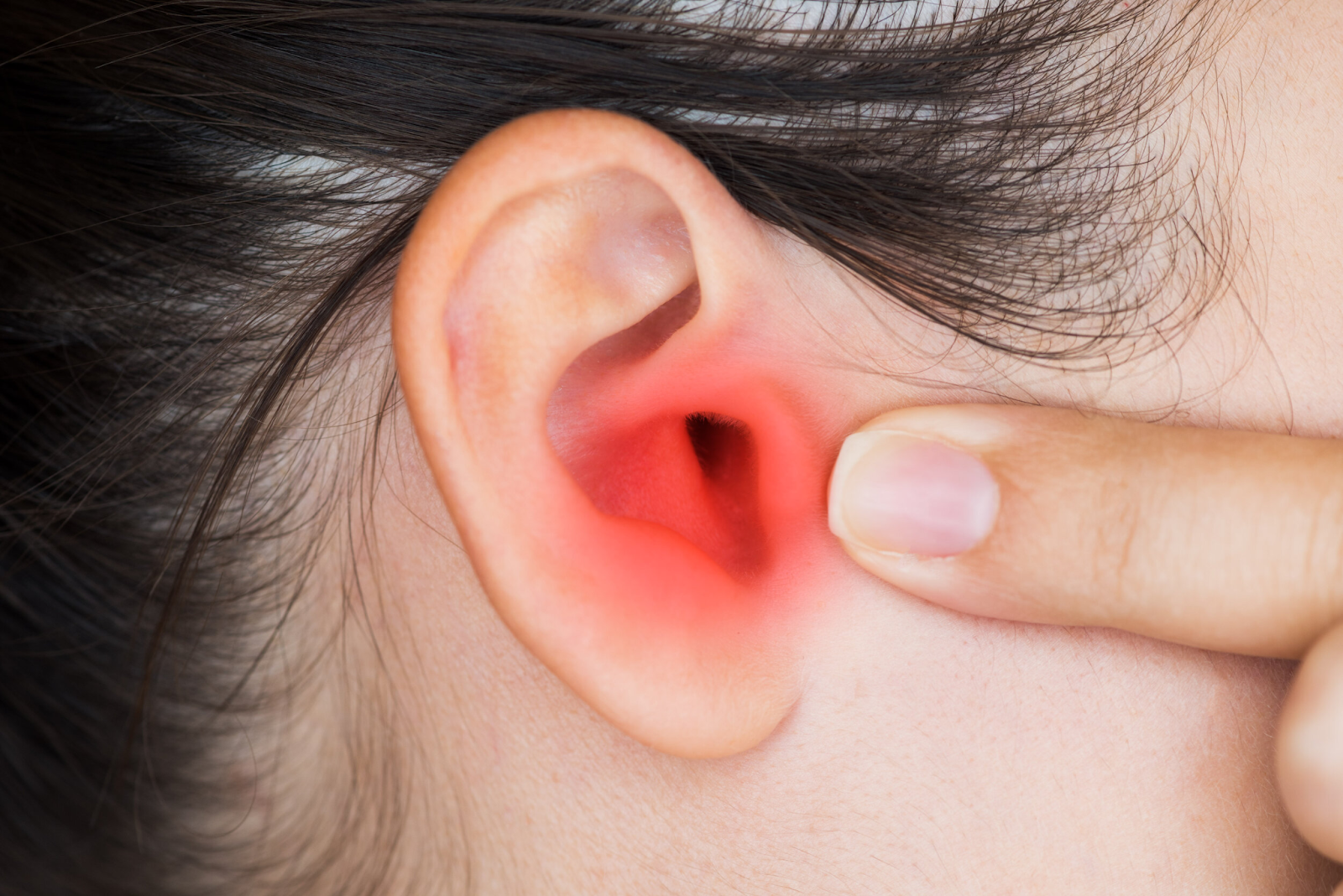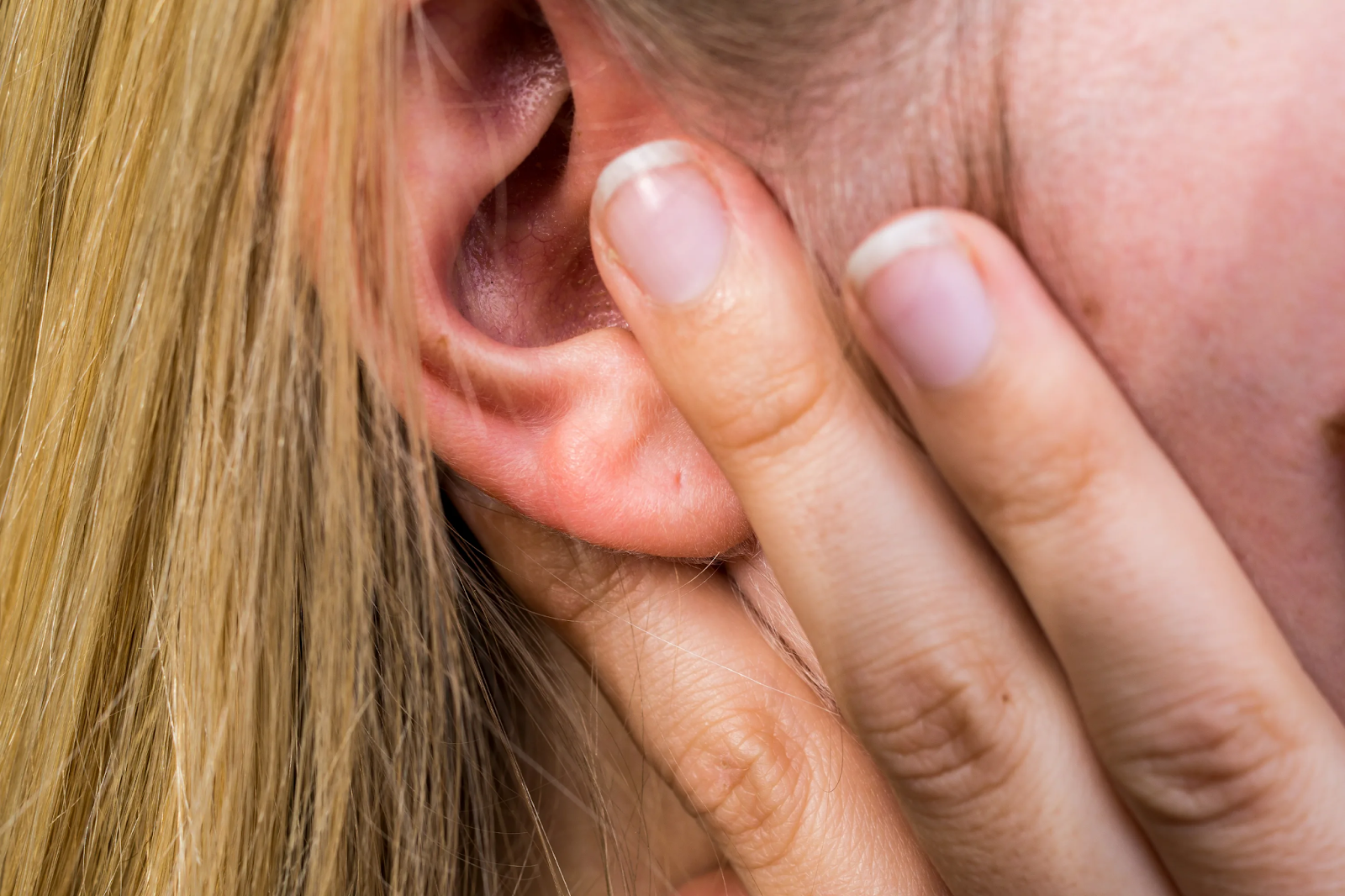When it comes to skincare, blackheads can be an annoying issue, and they don’t just appear on the nose or forehead.
Yes, even the ears are not immune. If you’ve spotted these pesky blemishes hiding in your ears, you’re likely
seeking solutions to clear your skin and keep it smooth. But don’t fret—this article will explore various methods to
help you effectively get rid of ear blackheads. From simple at-home remedies to professional treatments, we will
cover all the steps necessary to cleanse your skin of blackheads and prevent their return.
Understanding Blackheads in the Ear
Blackheads, or open comedones, are small bumps that form when hair follicles become clogged with oil, dead skin, and
dirt, which then oxidizes and turns black upon exposure to the air. The skin in and around the ear can produce
excess sebum, making it a prime spot for these black dots to appear. If left untreated, blackheads in the ear can
lead to inflammation, infection, and even painful pimples. Being narrow and oftentimes overlooked during regular
skincare, the ear requires special attention to keep it clear from these blemishes.
Step-by-Step Procedure for Eliminating Ear Blackheads

Preparing the Area and Opening Pores
Before attempting to remove blackheads from your ears, it’s essential to properly prepare the area. Begin with a
gentle cleanser designed for facial skin to remove any surface oil and dirt. Next, a warm compress or a short
session with a facial steamer can help to soften the skin and widen the pores, making blackhead extraction more
straightforward and less painful. This preliminary step is crucial as it preps the skin for the most effective
blackhead removal.
Proven Methods for Blackhead Removal in Ears
With the skin prepped, the next step is to remove the blackheads. Here are several recommended and safe methods:
- Topical Treatments:
Apply a thin layer of products containing salicylic acid or benzoyl
peroxide to the affected areas. These ingredients help dissolve the blockages causing the blackheads. - Manual Extraction:
Gently apply pressure around the blackheads with a clean set of round-ended
blackhead removal tools. It’s vital to avoid using sharp objects or excessive force, which could lead to
scarring or infection.
Aftercare and Preventing Future Blackheads in Ears
After you’ve successfully removed blackheads, it’s crucial to follow up with proper aftercare to prevent future ones
from forming. Clean the area again with a gentle cleanser, then apply a non-comedogenic moisturizer. Regularly clean
your earphones and cell phones, which can spread dirt and bacteria to your ear area. Additionally, incorporate a
bi-weekly exfoliation into your routine to keep dead skin cells from accumulating and clogging pores.
Home Remedies for Ear Blackheads

For those who prefer natural solutions, various home remedies can aid the fight against ear blackheads. Before
trying out the following natural remedies, make sure to do a small patch test to ensure your skin doesn’t have any
adverse reactions.
- Baking Soda Paste:
Mix a small amount of baking soda with water to form a thick paste, apply to
the ear area, let it sit for a few minutes, and rinse off thoroughly. - Honey and Lemon:
Honey is antimicrobial, and lemon is a natural astringent; when combined, they
can be a potent treatment for blackheads. Apply the mixture, leave it for several minutes, and then wash off
with warm water.
Professional Treatments for Stubborn Ear Blackheads
If home treatments are ineffective against your ear blackheads, it might be time to seek professional help. A
dermatologist can offer treatments such as professional extractions, chemical peels, or prescribe medications to
control severe blackhead problems. These treatments can be more thorough and long-lasting than home remedies, but
they should be approached with consideration and potentially reserved for more stubborn cases.
Common Mistakes to Avoid When Dealing with Ear Blackheads
As you try to rid your ears of blackheads, there are several common pitfalls to sidestep:
| Mistake | Risks | Better Practice |
|---|---|---|
| Aggressive Squeezing | Can lead to infection, scarring, and inflammation. | Use gentle pressure and safe extraction tools. |
| Using Comedogenic Products | Potentially clogs pores, causing more blackheads. | Choose non-comedogenic skincare items. |
| Over-Exfoliating | Can irritate skin and exacerbate skin issues. | Limit exfoliation to once or twice a week. |
As shown in the table above, the proper approach to each aspect of blackhead removal will prevent unnecessary
complications and facilitate better skincare habits.
Conclusion
Blackheads in the ear may be stubborn, but with the correct combination of preparation, treatment, and preventive
care, you can effectively eliminate them and enjoy clearer skin. Remember to treat your ear skin as gently as you
would your face, avoid common mistakes, and consult a healthcare professional if you encounter persistent problems.
By consistently following the steps outlined in this guide, you’ll be well on your way to maintaining a
blackhead-free complexion.
FAQs:
- 1. Can I prevent blackheads in my ears?
- Yes, you can minimize the risk of blackheads forming in your ears by maintaining a regular cleansing routine,
using non-comedogenic skincare products, and exfoliating gently to remove dead skin cells. - 2. How often should I exfoliate my ears to avoid blackheads?
- You should exfoliate your ears once or twice a week, depending on your skin type and sensitivity.
Over-exfoliation can irritate the skin and may lead to more blackheads. - 3. Are there any specific products recommended for getting rid of ear blackheads?
- Look for products containing salicylic acid, benzoyl peroxide, or retinoids, which are effective in treating and
preventing blackheads. However, it’s important to use them as directed and sparingly in the delicate area around
the ear. - 4. Is it safe to remove blackheads from my ears at home?
- While there are safe methods for removing blackheads at home, it’s essential to be gentle to avoid damaging your
skin. If a blackhead is persistent or causing discomfort, it’s best to consult a dermatologist. - 5. When should I see a dermatologist for ear blackheads?
- If you’re experiencing frequent or painful blackheads, signs of infection, or if your home treatments aren’t
effective, you should see a dermatologist for specialized care and potentially more aggressive treatment
options.

